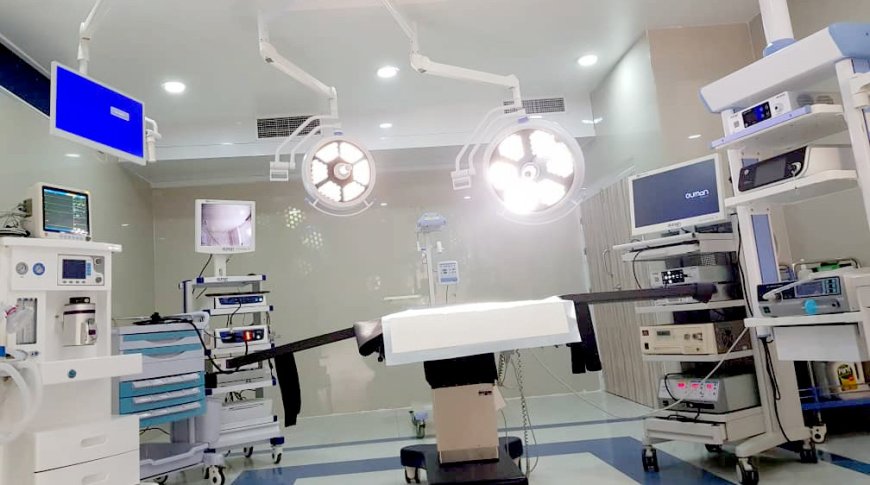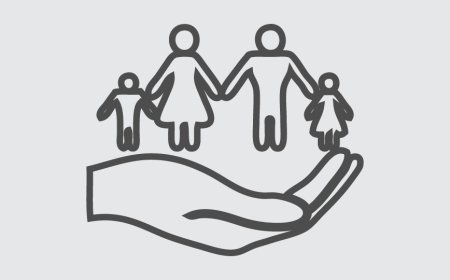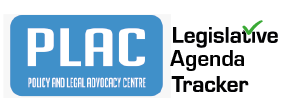Deepening Access to Healthcare
Click here to track progress

Nigeria’s healthcare system is faced with challenges that make it difficult for easy access to healthcare by citizens generally and the poor particularly. Limited healthcare has meant that citizens suffer incredibly and very often resort to unreliable, unverified local herbal options. Previous efforts to modernize Nigeria’s healthcare sector and create access to medical care by all has not yet yielded needed results. This is an issue of serious concern for the Senate. Accordingly, the Senate will take legislative action to address the challenges, as follows:
- Review the current budgeting system to achieve and even exceed recommended budget ratios for the health sector, which according to the Abuja Declaration, is 15 % of the national budget.
- Amend the National Health Act to increase funding for the Basic Health Care Provision Fund (BHCPF) from 1% to at least 2% of the Consolidated Revenue Fund to tackle prevalent deficiencies in healthcare resources and infrastructure.
- Through appropriation to government institutions responsible for study and research in tropical diseases, traditional medicine, vaccine development, innovative treatment modalities, achieve increased research in the health sector.
- Focus on improving access to primary healthcare services, especially in rural and underserved areas.
- Ensure a Universal Health Insurance System to guarantee all citizens’ access to affordable healthcare and expand the National Health Insurance Scheme (NHIS), to achieve nationwide coverage of a broader range of services and ensure efficient operation.
- Promote legislation to facilitate the adoption and integration of new healthcare technology, such as electronic health records, telemedicine, and remote patient monitoring.
- Legislative action will be taken to improve the recruitment, training and retention of healthcare professionals, including doctors, nurses and other allied healthcare workers.
- Strengthen the regulatory bodies overseeing the health sector to ensure adherence to global best practices.
- Review laws related to public health concerns such as sanitation, vaccination, and disease control.
- Introduce measures to ensure universal access to healthcare and nutrition services, including sexual and reproductive health, as well as medical and psychosocial care for survivors of sexual and gender- based violence and harmful practices.

































